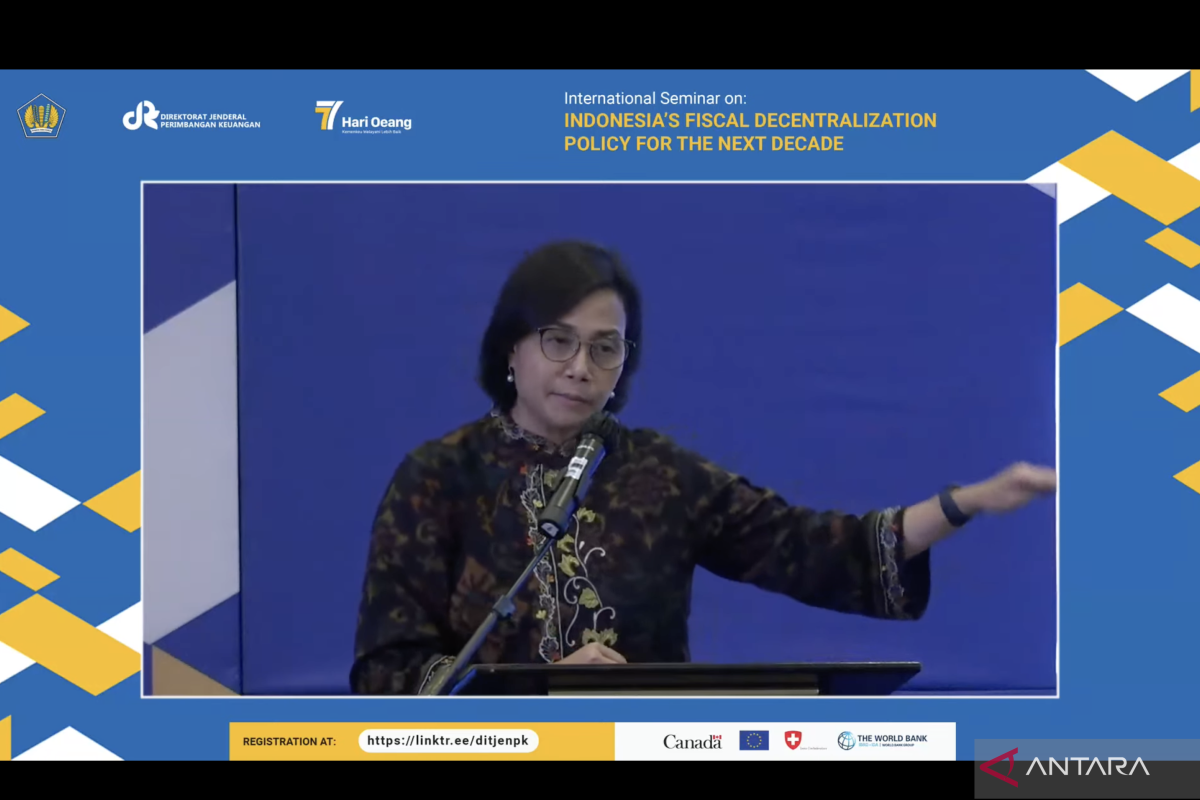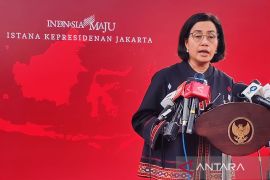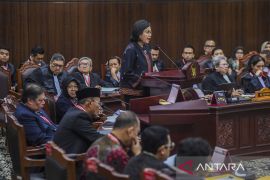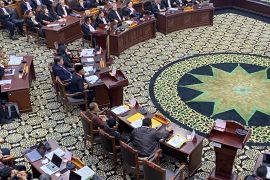"Many international organizations are interested in Indonesia regarding how Indonesia continues to improve relations between the center and the regions, both from the government and fiscal side," she said during the International Seminar on Fiscal Decentralization in Jakarta on Tuesday.
Thoughts on decentralization need to be continuously calibrated. Also, delegated authority needs to be increased based on the situation so that its efforts are appropriate to resolve the problems being faced, she said.
For example, Indrawati continued, community mobility is increasing along with infrastructure development, which is increasingly strengthening access between regions.
If these conditions are not balanced with regional government harmony, they will burden the community and hinder economic performance.
In view of this, the Indonesian government has drafted the Fiscal Relations between Central Government and Regions (HKPD) Law to strengthen fiscal decentralization.
She believes that the HKPD Law can illustrate how Indonesia continues to learn and improve relations between the central and regional governments.
This has also attracted the attention of international organizations toward Indonesia. "Because many other countries are in chaos between the central and regional governments," the minister said.
The HKPD Law has four pillars: developing central and regional financial relations, developing a regional tax system to support efficient fund allocation, improving spending quality, and harmonizing central and regional spending.
In implementing the law, the government will focus on increasing local taxing power by introducing new types of regional taxes and regional retributions (PDRD) and simplifying the regional regulation on PDRD.
The government will also focus on improving the quality of regional financial transfers (TKD) through the synergy of earmarked TKD with ministries/institutions' spending to achieve national priorities.
The next focus will be the alignment of the national fiscal policy. And the last will be regional financial management reform, which involves active cash management to encourage the acceleration of regional expenditure realization and the digitalization of monitoring and evaluation.
Related news: HKPD Law supports total reform of regional fund transfers: Ministry
Related news: Indonesian government enforces asymmetric decentralization
Translator: Imamatul Silfia, Cindy Frishanti Octavia
Editor: Rahmad Nasution
Copyright © ANTARA 2023












